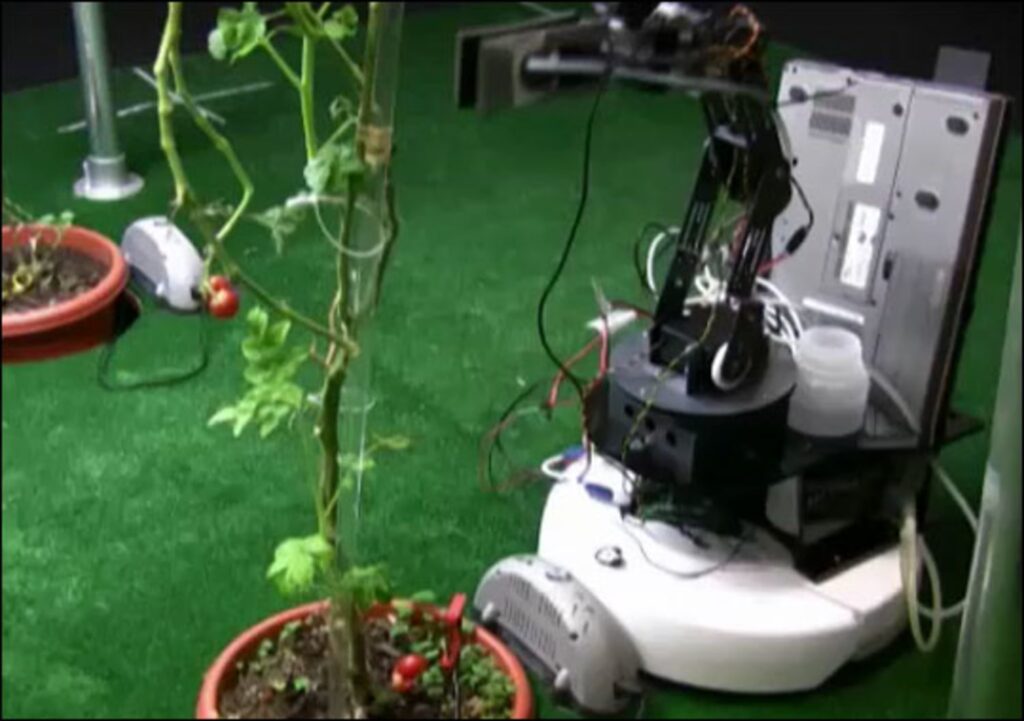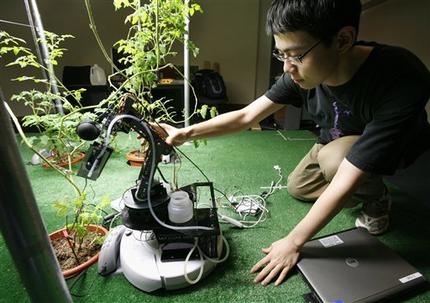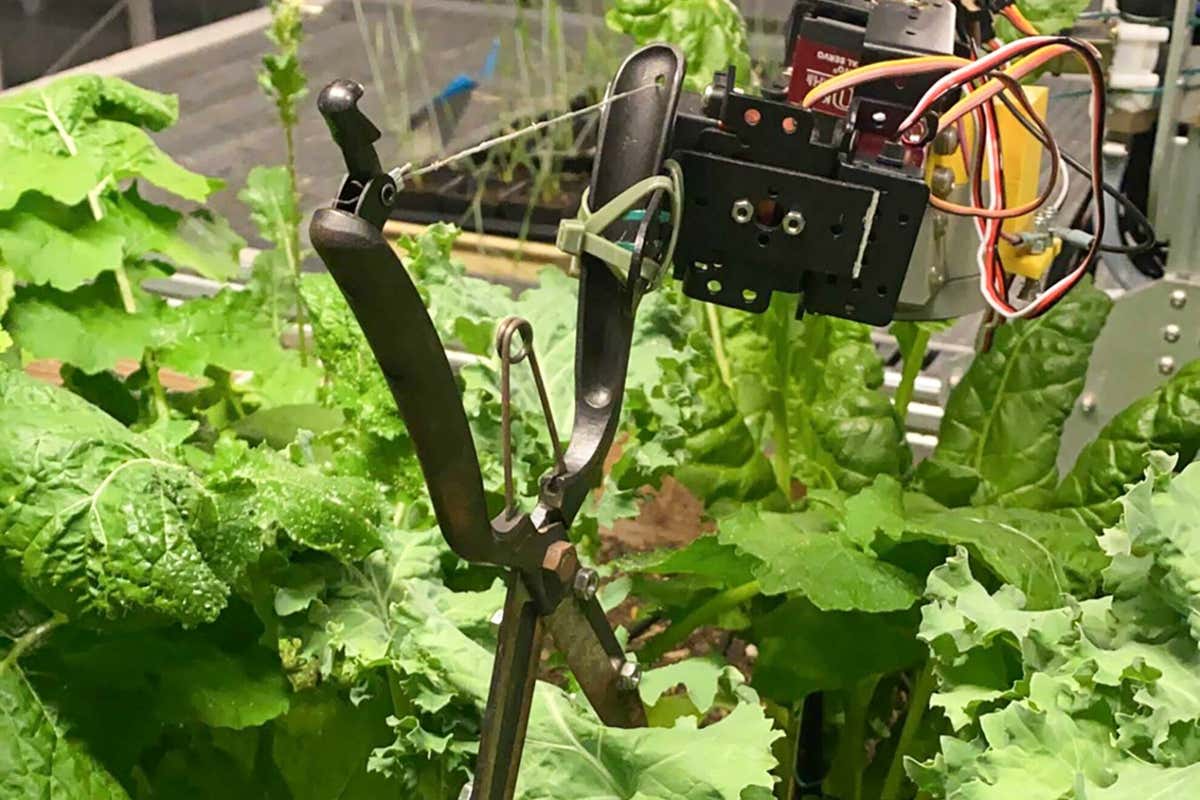There is a vegetable garden full of lush vegetables, grown with love and care by a tireless gardener who does not wear the typical straw hat, does not have rough hands or a face marked by the sun. In this vegetable garden the gardener is a robot: it is called AlphaGarden and was developed by Simeon Adebola and colleagues at the University of California.

Agriculture revolutionized by AI
AlphaGarden does not just sow, water and prune vegetables in the garden, but also challenges humans: or at least it did so during tests to evaluate its effectiveness. The ring? Two plots of land that hosted eight varieties of edible vegetables including chard and radicchio. The stakes? Prove that even a robot gardener can have a green thumb.
And how did it end? Well. After two "rounds" of 60 days each, the showdown was merciless to say the least. AlphaGarden not only held its own against its human opponents in terms of plant coverage and diversity, but shone in efficiency. The robot gardener even saved 40% of water compared to its flesh-and-blood contenders.
Yes, but stay calm, “gardener”

It must be said: the "phenomenon" needed (on only two occasions) a small human intervention to lift it from the snag. And for this reason he cannot lord it over while singing victory.
Not yet, at least. Nonetheless, Adebola and his colleagues are optimistic and full of ambition. Their dream? Extend AlphaGarden's capabilities to a wider range of plant varieties and also adapt it tovertical farming.
It would be a huge coup. In the agricultural landscape, growing different species in the same area is less common, because it requires more labor. AlphaGarden could make a difference by making multi-crop farming, which requires fewer pesticides and better preserves soil minerals, more economical and sustainable.
Work on it: it has a cold thumb, but it's still green.


